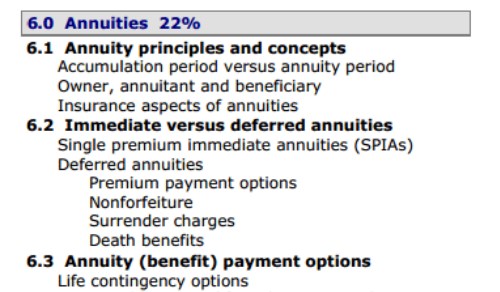General Requirements
Applicants must be:
- Be at least 18 years of age;
- A resident in the state in which you are attaining your insurance license;
- Be a U.S. citizen or legal alien who possesses a work authorization from the United States Immigration and Naturalization Services.
Unresolved criminal offenses may prevent an applicant from attaining his or her insurance license. If you have any questions regarding disqualifying criminal offenses, we recommend contacting your state's Department of Insurance to review your case.




